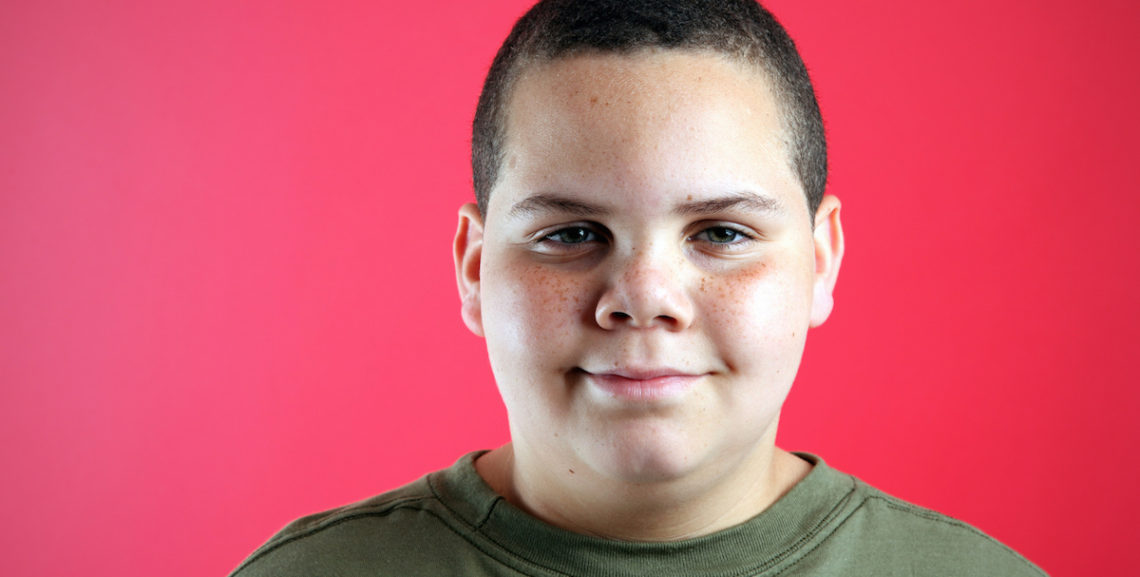
*The following is excerpted from an online article posted on PsychCentral.
A new study finds that social rejection linked to being overweight is the primary cause of poor emotional health in overweight children and teens, rather than the weight itself. In fact, sixth graders who are bullied for their weight are at greater risk for increased emotional problems by the end of eighth grade.
The findings, published in the Journal of Clinical Child & Adolescent Psychology, suggest that any efforts aimed at easing these emotional burdens should not only focus on weight-loss in adolescents, but also address the disturbingly cruel and exclusionary behaviors of their peer group. These programs should also emphasize weight acceptance and body-shape diversity.
“The widespread misconception is that anyone who is heavy is likely to feel distressed because of their weight, yet our findings suggest that demeaning peer responses to weight is the primary social factor underlying these emotional problems,” said Jaana Juvonen, Ph.D., lead author of the study and professor of developmental psychology at University of California, Los Angeles.
“These emotional issues can develop just as a teen is entering middle school, which is already a very difficult and emotional transition for many adolescents.”
For the study, researchers looked at data of 5,128 youth from a larger, longitudinal study of 26 middle schools in California. Information on demographics and Body Mass Index (BMI) was collected at spring of sixth grade and emotional health was assessed at sixth as well as eighth grade.
Seventh-grade students reported any previous weight discrimination they had experienced in order to see how the it affected changes in emotional health across middle school. The researchers examined the effects of BMI and weight-based discrimination in seventh grade on the eighth-grade outcomes, and also examined the indirect effect of sixth-grade BMI on eighth-grade emotional adjustment.
In total, about a third of the respondents reported at least one weight-related discriminatory experience by seventh grade. Additionally, the data showed that, by eighth grade, girls reported higher levels of loneliness and somatic symptoms, such as headaches, fatigue, stomach aches, nausea, and poor appetite.
Many school-based anti-obesity programs aim at reducing the prevalence of overweight and obesity, mainly focusing on the importance of personal responsibility for weight management. However, the new findings suggest that well-intentioned health programs may be contributing to the rising rates of weight stigmatization by seemingly faulting heavy youngsters.
“Despite good intentions, many health programs may nonetheless be increasing the prevalence of weight stigma, inasmuch as overweight or obese youth are blamed for their looks,” said Juvonen.
“Our findings suggest that that school-based programs aiming to reduce obesity should not only promote healthy behaviors, but also increase weight acceptance and body-shape diversity.”
Source: PsychCentral
http://psychcentral.com/news/2016/09/14/for-heavy-middle-schoolers-social-pain-is-greater-burden-than-weight-itself/109849.html
Source: Home Word





